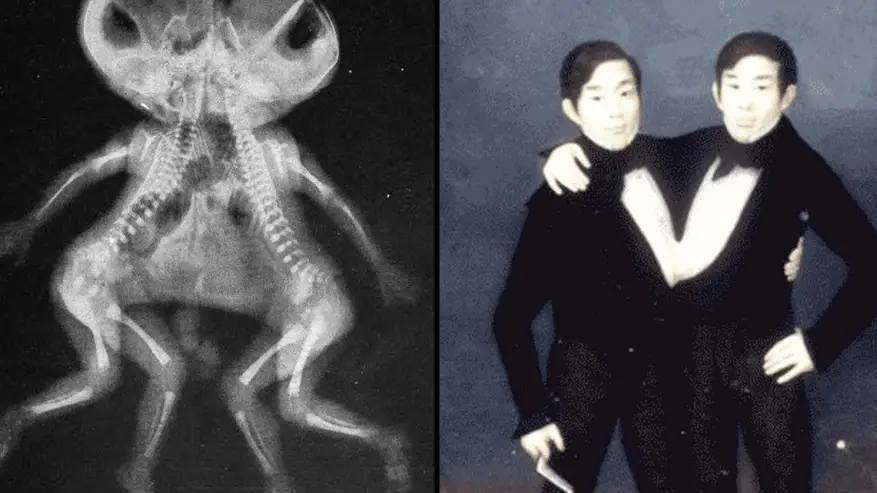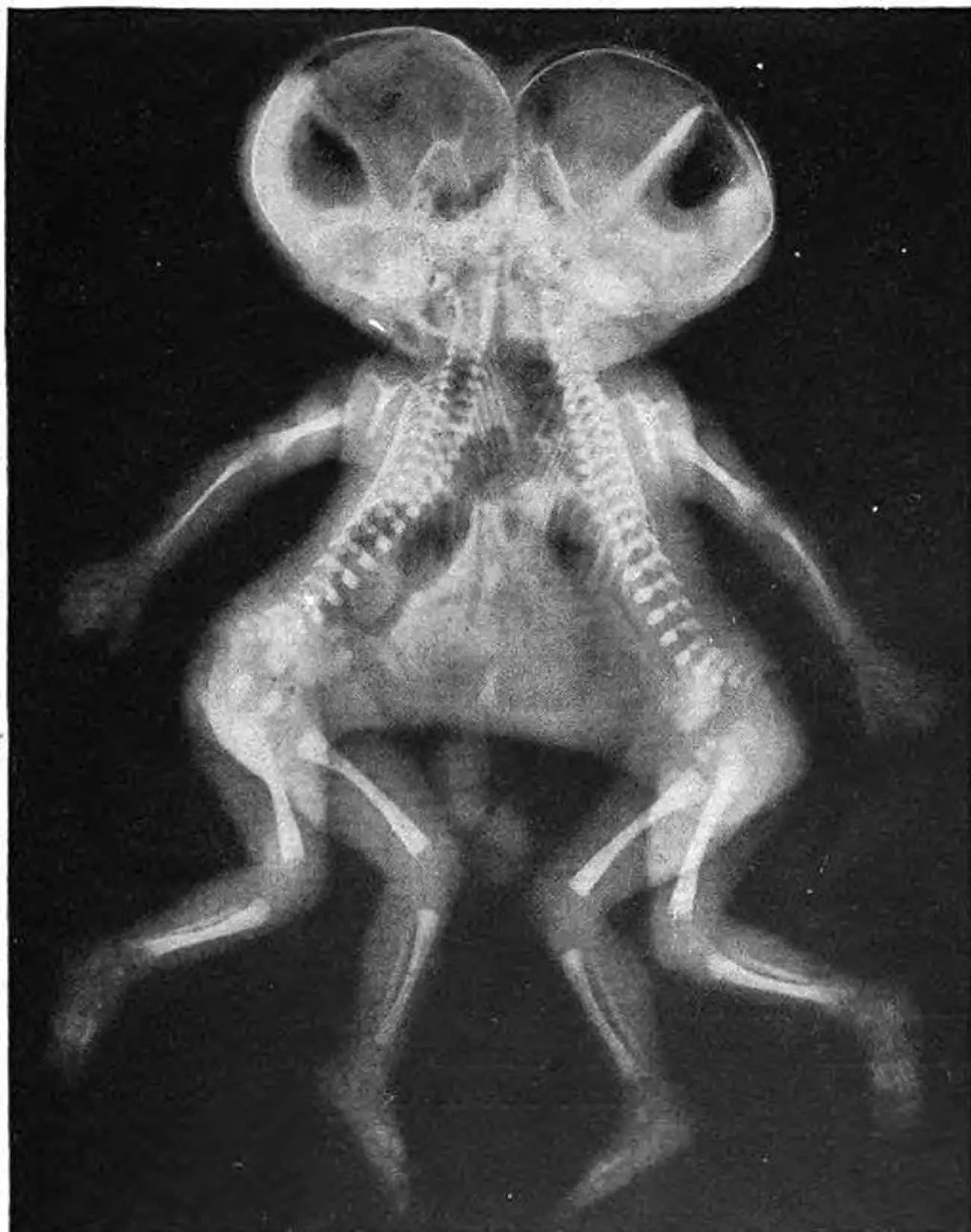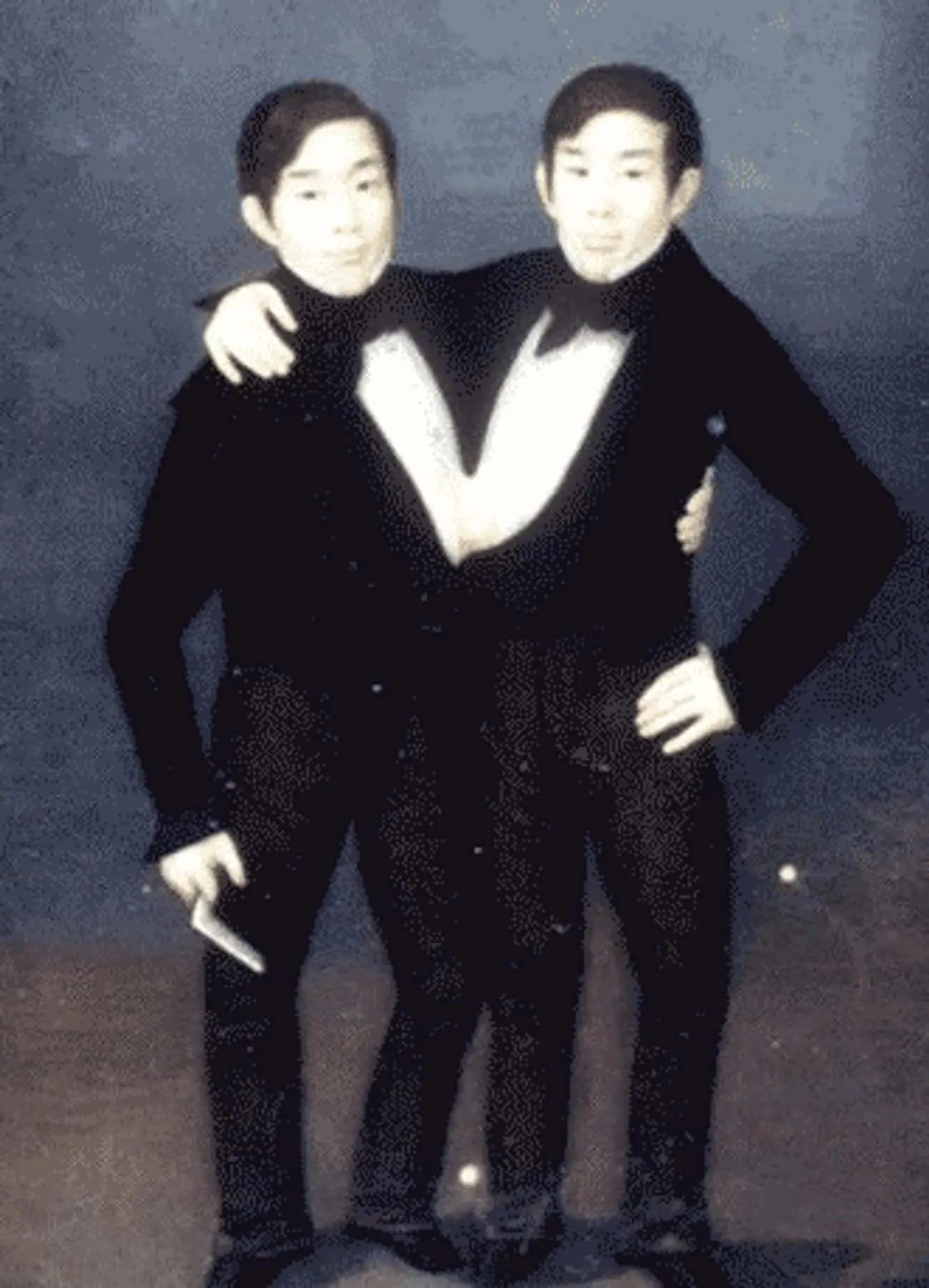
It's an interesting question to say the least, and one that many don't know the answer to - but what would happen if one conjoined twin sadly died while the other survives?
There are many different factors that you have to take into consideration, starting with the fact that there is more than one type of conjoined twin.
What does it mean to be a conjoined twin?
Conjoined twins are twins that have been born physically attached to one another - an incredibly rare situation, it usually comes with many complications during pregnancy, delivery and once they are born.
Due to advancements in modern medicine, it has become possible for some conjoined twins to be surgically separated, though some stay connected their entire lives.
Advert
A large number of conjoined twins will require special medical care for the rest of their lives to help with their long-term health.
How does this happen?
Conjoined twins are essentially one fertilised egg that splits into two embryos, but unlike twins, the separation doesn't fully complete.
Scientists still don't know why or how this happens, suggesting that the eggs are never separate or that they reattach after separating.
It is estimated that one in 200,000 live births result in conjoined twins, though more than half of conjoined twin pregnancies result in miscarriage or stillbirth, while many die shortly after birth.
They can be joined at the chest, abdomen, lower back, pelvis or head, and they may share certain organs depending on the type.

Do both conjoined twins feel sickness?
What happens if a conjoined twin gets sick, then?
Well, according to two of the most famous conjoined twins, Abby and Brittany Hensel - who made headlines recently after Abby got married - they can feel each others' pain, previously saying they can feel each other's stomach aches despite having separate organs from the waist up.
Brittany revealed in an interview: "But when we have stomach aches, it hurts on the opposite side, isn't that weird?"
So, what would happen if one twin got sick and died?
The likelihood of survival here is heavily depending on the type of conjoined twin that they are. For example, thoracopagus twins - meaning they share a heart and circulatory system - are more likely to succumb to sepsis.
Sepsis is the complication of an infection that can lead to organ failure, if their conjoined sibling has died.
This is the case with other types of conjoined twin, and especially applies when organs and systems are shared between the two.
Dr. Eric Stauch has explained that if the occurrence of heart failure happens with one of the twins, the living twin will begin to lose blood, and there would be mere hours to save the living twin with surgery.
It would essentially mean that they would have to be in hospital beforehand with a team of medical professionals ready to go and carry out the separation surgery, which can be over 10 hours long.

Is separation possible?
Doctors usually attempt to separate conjoined twins before one of them passes, as they know that one is already dying, and the goal is to save the other.
The lucky and rare case of Erin and Abby Delaney in 2016 saw both twins survive separation surgery as babies, and have gone on to have healthy lives.
A lot of other situations show that shared systems often leaves a twin without the organs necessary for survival, with separation surgery often posing a huge conundrum for parents, or the conjoined twins themselves, as they have to decide if they want to risk the life or death procedure.
In Abby and Brittany's case, separation as infants would have likely resulted in death, which is what lead to their parents to make the decision to not go ahead.
What if you do nothing at all?
Probably the most famous conjoined twins of all time, the 'Siamese twins' Chang and Eng Bunker, were connected at the sternum and shared a liver.
Born in Siam - which is now known as Thailand - they made money by putting themselves on display as an act, and eventually settled in the US and had 21 children after marrying a pair of sisters.
But one day in their mid-60s, Eng woke to see his brother passed away from a blood clot, when he apparently said, 'then I am going', before following his brother and passing away three hours later from a pulmonary edema and heart failure.